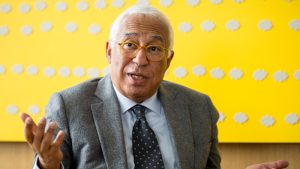The South African government has solidified its commitment to a sustainable future by securing $1.9 billion in concessional loans from major international lenders. This financial boost is aimed at advancing the country’s Just Energy Transition Investment Plan, which is crucial for addressing power shortages due to ageing coal plants and fostering economic growth through climate reform and electrical sector changes.
The World Bank, the African Development Bank (AfDB), and Germany’s KfW bank are the key players in this strategic financial move, providing loans with grace periods that will help South Africa reduce its public debt while financing essential reforms. The World Bank leads with a $1 billion commitment, the AfDB contributes $300 million, and KfW bank offers $547 million.
This funding is part of a broader $8.5 billion plan approved by South Africa’s National Treasury on Monday, emphasizing the transition towards a low carbon economy and renewable energy sources. The initiatives include the Mpumalanga Just Transition efforts, alongside innovation in new energy vehicles and green hydrogen production.
The National Treasury’s decision to formalize these loan agreements reflects a strategic diversification of funding sources. By obtaining competitive financing rates, South Africa aims to support pivotal reforms that will enhance its climate response capabilities and improve its electrical infrastructure, all while maintaining a moderate public debt profile.
This article was generated with the support of AI and reviewed by an editor. For more information see our T&C.
Read the full article here














